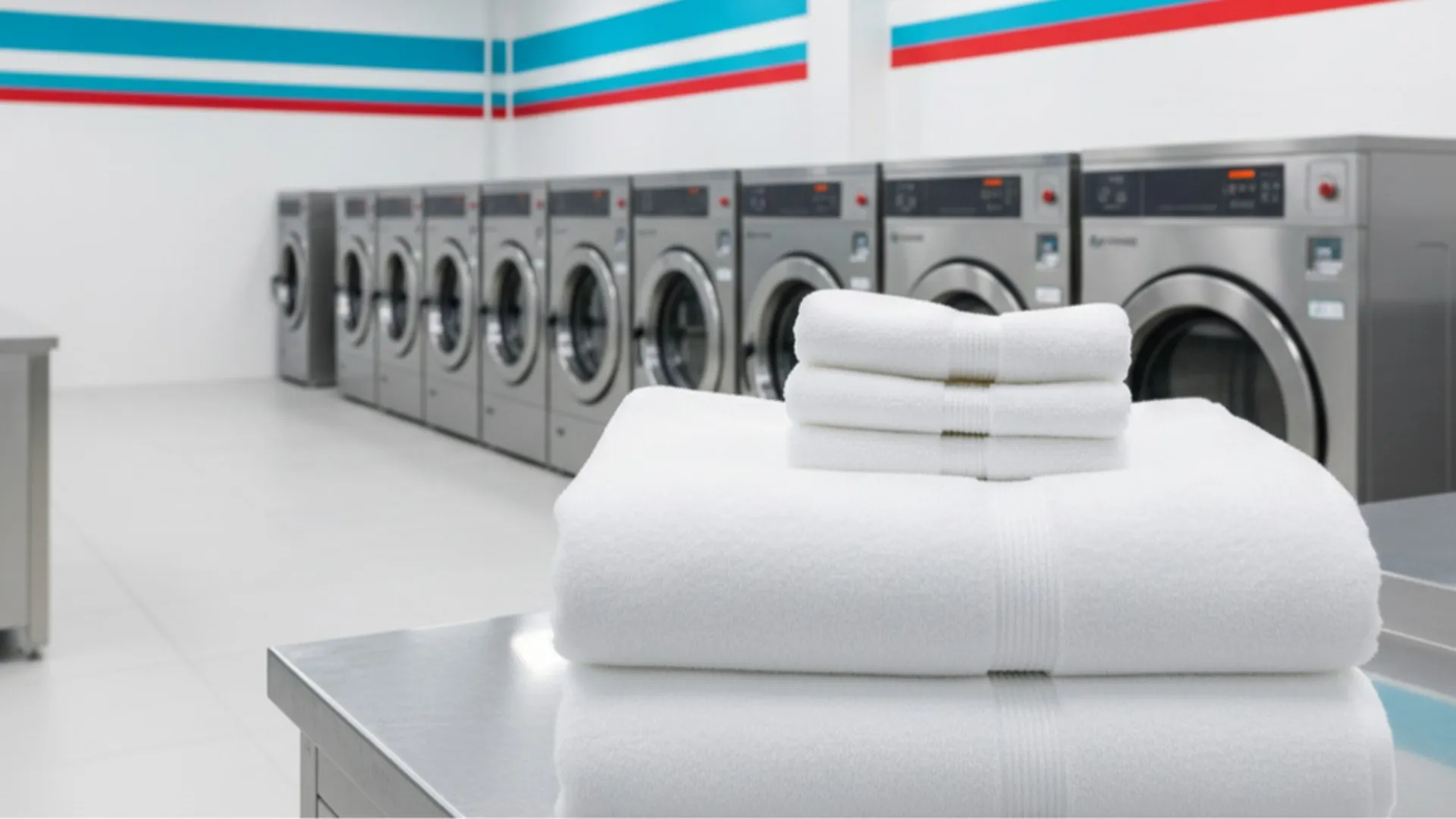Regular cleaning and maintenance programs for corporate institutions are essential for sustaining brand trust and operational continuity. Professional laundry services and organizational workflows must be structured around goals of enhancing hygiene standards, ensuring consistent quality, and maintaining corporate appearance. Sustainable choices and cost control are critical factors when selecting service providers. Staff training, quality control metrics, and systematic reporting increase implementation efficiency. Service agreements should clearly define delivery times, protocols, and responsibilities. Long-term strategic approaches should be supported by return-on-investment analyses to strengthen performance and reputation management within corporate structures.
The Power of Industrial Dry Cleaning Advantages and Professional Service
Routine cleaning and maintenance programs in corporate environments provide direct gains in textile management, especially for large-scale operations. Benefits include high hygiene standards for staff and guests, systematic care for fabric longevity, standardized suit and garment dry cleaning protocols, and accessible stain removal services. Supplier service quality and performance metrics directly affect efficiency. Industrial dry cleaning advantages encompass scheduled maintenance cycles, material protection methods, and guaranteed delivery quality. Planned service agreements streamline inventory management, improve responsiveness, and reduce stock costs. Integrating dry cleaning processes into the supply chain ensures consistent standards and operational flexibility. Coordinating stain removal with ironing enhances finish quality. Specialized procedures for wedding gown and curtain cleaning minimize risks while preserving brand prestige.
Quality Standards in Business-Specific Dry Cleaning Processes
Professional dry cleaning services within corporate procurement should meet operational expectations through defined standards. Procurement teams must specify quality metrics, reporting protocols, and performance indicators. Service contracts should include delivery schedules, acceptance criteria, warranty terms, and audit mechanisms. Supplier evaluations should cover material protection, stain removal, pressing quality, and handling of special textiles. Prioritizing suit dry cleaning supports employee satisfaction and brand presentation consistency. Separate protocols for curtain and wedding gown cleaning enhance risk management. Documented processes and periodic evaluations enable measurable, improvable service quality, reinforcing corporate reputation through the consistent application of industrial dry cleaning advantages.
Textile Maintenance and Cost Efficiency Through Dry Cleaning Services
Effective textile asset management is tied to maintenance strategies and cost control. Scheduled care routines prevent material degradation and extend textile lifespan, reducing ownership costs. Industrial dry cleaning advantages—defined maintenance cycles, optimized cleaning methods, solvent control, and protection protocols—improve operational efficiency. Proper service selection minimizes textile maintenance expenses and re-purchase frequency. Coordinated cleaning programs for curtains, garments, and pressing balance workloads and delivery timelines. Professional laundry partnerships enhance reporting transparency, enabling cost-performance analysis and sustainability benchmarking. Specialized stain removal preserves delicate fabrics and reduces risk in sensitive processes like wedding dress cleaning.
Sustainable Services Through Eco-Friendly Dry Cleaning Methods
As sustainability becomes a key corporate priority, environmental impact and waste management gain importance. Defining environmental performance in supplier policies supports compliance and brand reputation. Industrial dry cleaning advantages include reduced chemical use, optimized water consumption, and energy efficiency through solvent recovery. Companies increasingly favor providers with eco-conscious operations. Technical assessments and field implementations contribute insights into eco-friendly dry cleaning methods. Waste management, solvent recovery, and energy optimization must be addressed together. Environmentally conscious stain removal, gentle cycles, and express cleaning adjustments enhance both sustainability and efficiency.
Enhancing Corporate Prestige Through Professional Laundry Services
Preserving corporate prestige depends on defining and managing specialized cleaning services with clarity. Service scope, maintenance schedules, and quality criteria ensure consistency for different fabric categories. Industrial dry cleaning advantages are best realized through well-defined contracts specifying quality requirements, emergency protocols, and training obligations. Customized textile care protects fabric integrity and visual consistency. Professional laundry integration allows cost tracking and process acceleration. Exclusive dry cleaning agreements for business attire sustain brand image, while advanced ironing and inspection protocols guarantee final delivery quality. Regular supplier evaluations and data-driven improvements maintain service excellence and strengthen customer satisfaction.



